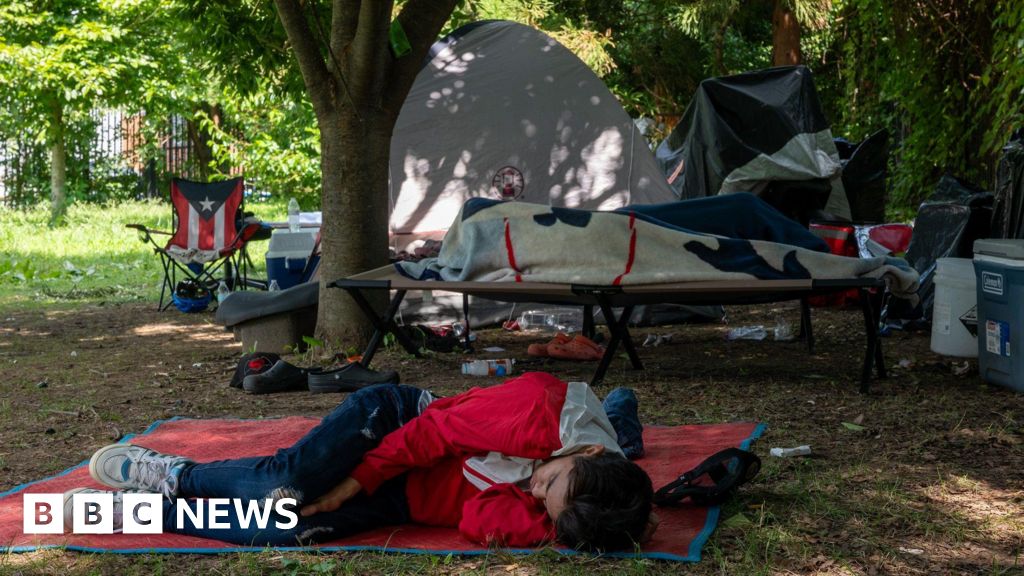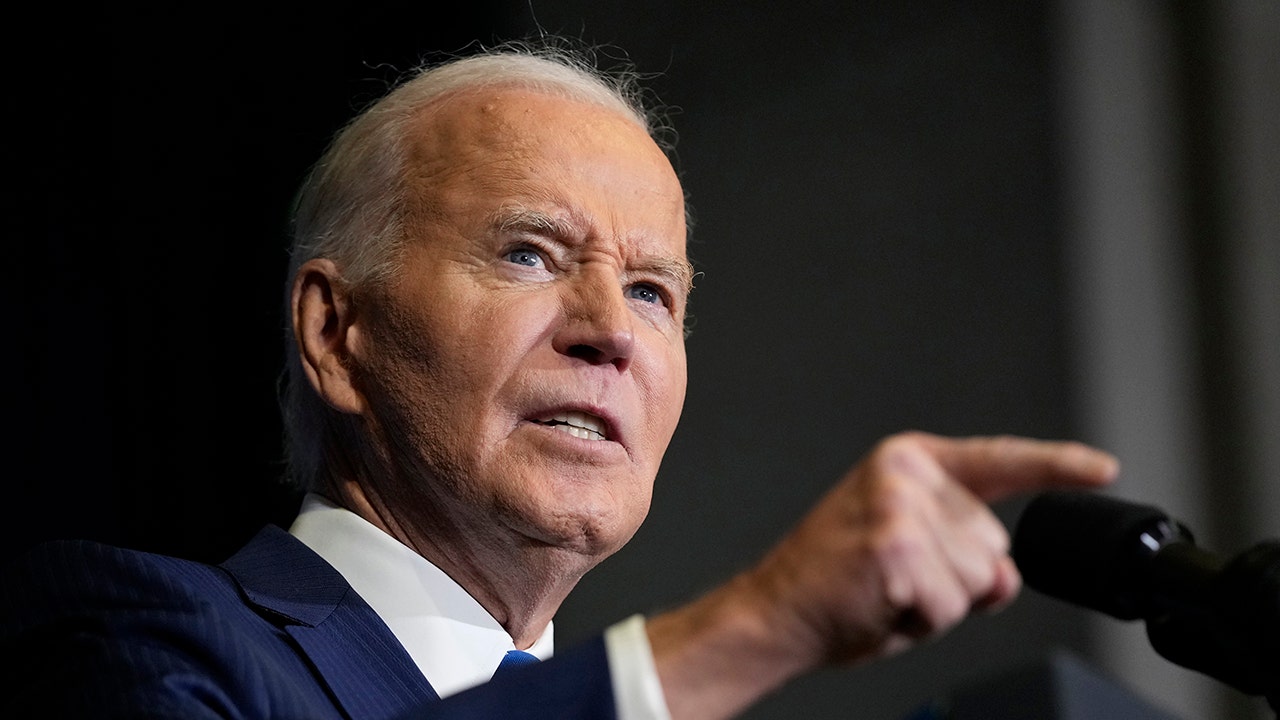Beirut – Since the crime of an Israeli raid targeting a gathering of journalists in the town of Alma al-Shaab on the southern Lebanese border on October 13, concern has doubled about the risks facing reporters there, especially after the decision of a number of foreign international agencies to withdraw from field coverage.
At that time, the Israeli occupation fired a missile that directly hit the car of the Al Jazeera team, where journalists from Reuters, Al Jazeera and Agence France-Presse were stationed. This targeting led to the martyrdom of the Lebanese Reuters photographer Issam Abdullah, and the wounding of 5 other journalists, including a female correspondent and a channel cameraman. Al Jazeera and the French correspondent, who are still undergoing treatment in the hospital.
After this dangerous targeting, Reuters, Agence France-Presse, and Associated Press withdrew their press teams from the south, where ongoing clashes are taking place between the occupation army and Hezbollah.
Many linked this withdrawal to the great uproar caused by the Reuters statement following the martyrdom of its photographer, who merely said that Issam was killed while working in southern Lebanon, attributing his killing to an unknown perpetrator, and without directly accusing Israel, even on suspicion, which exacerbated the questions among human rights activists and journalists. The editor-in-chief of Reuters later called on Israel to conduct a “quick and transparent” investigation into the killing of its photographer.
There is much evidence confirming that Israel is waging a parallel war in blocking the audio and video of its crimes, whether through the killing of many journalists in the Gaza Strip, or the recent decision of the Israeli government, which seeks to close Al Jazeera’s offices in Palestine, and target journalists on its northern border with Lebanon.
Agencies withdraw
Analysts linked the decision to withdraw foreign agencies to political backgrounds, and to avoid repeating a “scenario” in which their official teams are exposed to danger, in light of the bias of the Western media, which in most cases does not directly accuse Israel, even in crimes in which its reporters are exposed to violations by it.
While other sources in some foreign agencies – via Al Jazeera Net – reject this analysis, saying that the bombing that caused the death of a photographer and the injury of others constituted a turning point in their approach to the field situation, and prompted them to take a temporary decision to withdraw their media teams from the south. For security reasons and to ensure their protection.
One of these sources says that the withdrawal of the teams is linked to their review and re-evaluation of the security situation and their logistical preparations, on the basis that the safety and lives of the employees are the priority, after they were shocked by the level of risks of this coverage, which caused them losses, and after it became clear that standing on the border fence is fraught with high risks for their lives. The safety of reporters or assistants, on whom some of these agencies depend to secure images.
With the continuation of the clashes, with the exchange of rocket shells between… Hizb allah And the occupation forces, not to mention the drones with which Israel penetrates the border villages. Some media teams affiliated with Arab satellite channels and local media continue permanent field coverage, despite the discrepancy in the size of the teams, their preparedness, and their scope of movement.
Satellite and local teams are currently stationed in the village of Rmeish in the central sector, and in the eastern sector in Marjayoun specifically and in its surroundings, with differences in the form and size of coverage. Al Jazeera is unique, through its 4 media teams, with the widest coverage in southern Lebanon, by moving towards advanced distances between the various villages. Along the border strip, to continue covering the clashes from various places, while taking full safety measures.
Local media correspondents in Lebanon also face double challenges covering what is described as the “small war” between Hezbollah and Israel, and some of them became increasingly concerned with the withdrawal of foreign agencies, which reflects their sensitivity to the extent of the danger.
The situation in the field
Local LBC channel correspondent Edmond Sassine spoke about his experience in field coverage, especially since he witnessed the martyrdom of our colleague Issam and the injury of his other colleagues, while he was standing about 25 meters away from them in Alma al-Shaab, and he said, “I had previously… I was exposed to many dangers in other coverage, but it was the most horrific direct targeting of a group of journalists that I witnessed, and the sight of our colleagues shocked us at the time, as within 30 seconds, two shells fell directly towards them.”
Edmond believes that the withdrawal of foreign agencies from the south places the Lebanese and foreign journalists remaining on the front under greater responsibility to provide full coverage, and he does not hide that this withdrawal caused concern for them. “Because the Israeli occupation may find it easier to target media teams,” he added, “irrespective of the necessary reasons, this does not mean that we withdraw from our work, but rather that we continue it with more caution and without recklessness.”
Edmond explains that Israel’s behavior against journalists in Alma al-Shaab, Gaza, and many other areas prompts them to be cautious. He says, “When we move on the nearby front lines, we may be betrayed by this army that has no mercy on children.”
The reporter confirms that the media teams are not exposed to any harassment or danger from any party on the Lebanese side, and that they are trying to take all possible measures according to their capabilities, to avoid making any mistake.
Al-Jadeed local channel correspondent Reef Aqeel, who is currently covering the field, says that the bombing of colleagues made them reconsider more before heading to the border points, “especially since the local channels do not have sufficient logistical equipment to move like Arab satellite channels and foreign agencies.”
Reeef admitted in her interview with Al Jazeera Net that she sometimes feels afraid despite insisting on working, “but the risk level is high, especially since the war zones in which Israel is a party are considered an exceptional matter, after it has proven its lack of respect for international laws related to protecting the work of journalists.”
She points out that the local media in general does not have sufficient capabilities for this type of coverage, “note that our institutions insist that our personal protection is a priority, and give us the freedom to assess the situation according to our circumstances in it.”
Reeef believes that the profession of journalism necessitates taking risks in general, which requires a lot of training to deal with war conditions, especially in the local media. She remembers that our colleague Issam was martyred despite having had the experience of covering a number of wars and practicing a lot of training and equipment, “but he was unable to deal with… This position and the dangerous targeting of journalists.”






